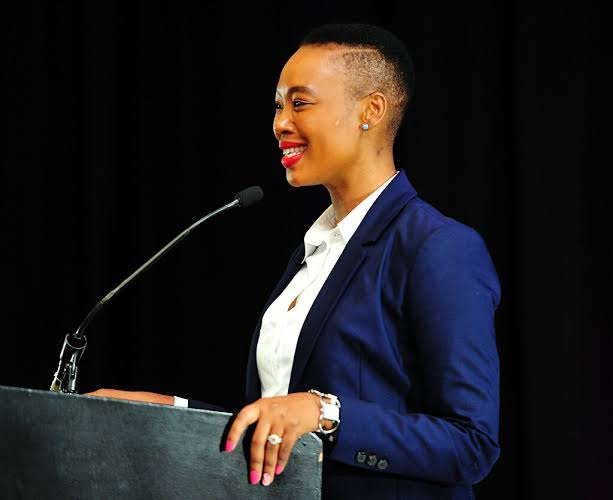South African Media Startups Have A New Regulation To Be Worried About. Public Comments Are Still Open
Are you are media-focused startup in South Africa, most notably offering video-on-demand or music streaming services? Your attention is immediately needed.
On 9 October 2020, the South African Minister of Communications and Digital Technologies published the Draft White Paper on Audio and Audiovisual Content Services Policy Framework: A New Vision for South Africa 2020. Cabinet had approved the White Paper on 9 September 2020.

The White Paper sets out new mechanisms to regulate audio and audiovisual content services (“AAVCS”). In particular, the White Paper spells out that the current statutory definition of broadcasting services is too narrow and too platform-specific in its application to capture the range of new audiovisual content services that are now available online. The White Paper therefore seeks to address issues of regulatory parity with regard to on-demand content and user-generated content, and more.
The White Paper also proposes to change the limitations on foreign control of commercial broadcasting ownership. The current legislative framework prohibits a foreign firm from exercising control over a commercial broadcasting licensee by limiting financial interest, interest in voting share or paid-up capital to a maximum of 20%. Similarly, not more than 20% of the directors of a commercial broadcasting licence may be foreigners. The White Paper recognises that the regulatory environment for foreign direct investment is one of the key factors that is likely to influence the location decisions of foreign investors.
As a result and in an attempt to stimulate growth and development of the ICT sector, the White Paper proposes retaining the limitations in respect of foreign ownership of linear individual audiovisual content services (broadcasting services) but subject to them increasing to a maximum of 49% to stimulate investment. In the case of foreign firms from African Union (“AU”) member countries, the maximum of 49% should be capable of being waived so long as there is a reciprocal agreement between South Africa and the relevant AU country.
media regulations South Africa media regulations South Africa
Read also: Why More South African Startups Have Raised Funds This Year
The White Paper also proposes that the must carry regulations are no longer necessary in law and that legislation should allow the SABC to negotiate retransmission consent agreements on commercial terms with AAVCS in South Africa and internationally, subject to certain provisos.
Furthermore, the White Paper proposes that South African content quotas should remain in place for broadcasting services (including those online) with an emphasis on the need to continue to reinforce South African content and music in all genres and formats.
Finally, the White Paper also sets out a list of recommendations in respect of national sporting events to guide the regulation of the broadcast of these types of events.
Members of the public and interested persons are invited to submit their comments, input or written representation on the White Paper within eight weeks of the date of publication of the notice, being 30 November 2020 at 16h00.
Want to read more about the policy framework? Click here.
All written comments and enquiries should be directed to:
The Acting Director-General, Department of Communications and Digital Technologies
Physical address: Block A3, IParioll Office Park, 1166 Park Street, Hatfield, Pretoria
Postal address: Private Bag X860, Pretoria, 0001
Email address: aacsedtps.gov.za
Charles Rapulu Udoh

Charles Rapulu Udoh is a Lagos-based lawyer who has advised startups across Africa on issues such as startup funding (Venture Capital, Debt financing, private equity, angel investing etc), taxation, strategies, etc. He also has special focus on the protection of business or brands’ intellectual property rights ( such as trademark, patent or design) across Africa and other foreign jurisdictions.
He is well versed on issues of ESG (sustainability), media and entertainment law, corporate finance and governance.
He is also an award-winning writer

